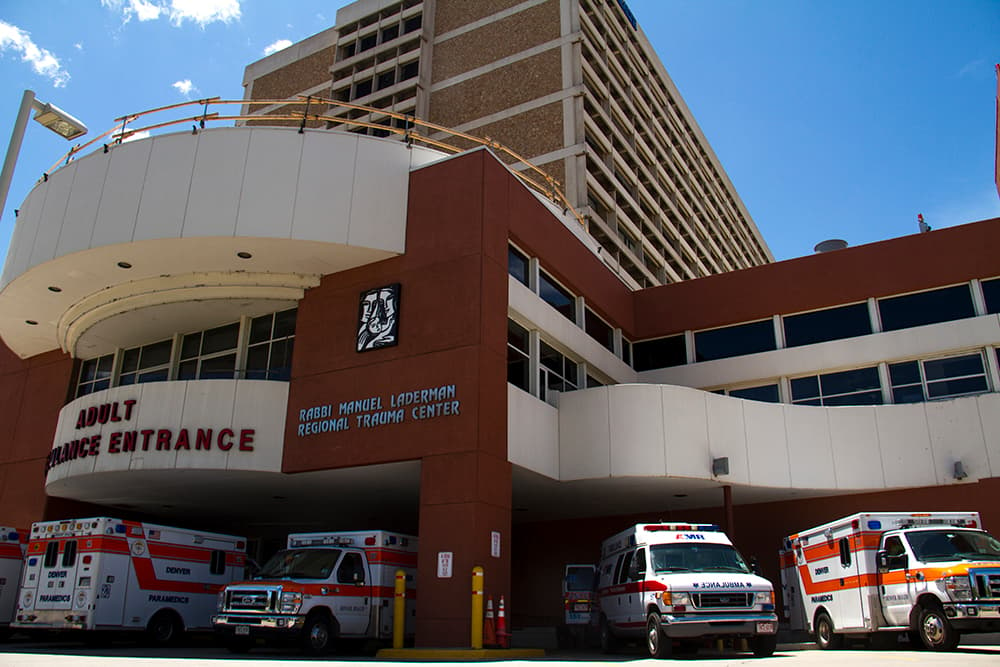
Large property owners in Denver could save a collective $82 million annually if they cut energy consumption by 30 percent, according to a baseline report from the city's public health department.
The buildings represent more than half — 57 percent — of Denver’s greenhouse gas emissions. Medical facilities, mix-use properties and refrigerated warehouses are the least energy efficient, while offices and apartments could save the most money with improvements, the new Energize Denver report shows.
The Energize Denver report released Wednesday tracks the city's target to cut energy consumption for large buildings 10 percent by 2020 and 30 percent by 2030.
Overall, Denver is doing pretty well, with the city's buildings receiving an Energy Star score of 68, said Katrina Managan, energy efficient buildings lead for the Denver Department of Public Health and Environment.
A score above 50 means the buildings are performing better than 50 percent of their peers nationwide, according to Energy Star.

Apartments and condominiums together represent the greatest number of buildings in Denver and have average Energy Star scores of 65 and 68. Offices in Denver had the highest average score (77), followed by K-12 schools, with an average score of 73, according to the Energize Denver report.
The report includes data on the energy use of buildings larger than 50,000 square feet and Denver municipal buildings larger than 25,000 square feet. Denver City Council adopted an ordinance in 2016 that required the commercial and multi-family buildings to track and publicly report their annual energy performance starting in 2017.
Most buildings — 9o percent — complied with the law. But Denver did issue 111 $2,000 citations in 2017 totaling $222,000. Of those, five were paid for a total of $10,000. The city plans to increase enforcement in the year ahead, according to Denver Department of Public Health and Environment.
Property owners with buildings larger than 25,000 square feet will have to share their energy data with the city starting June 1, 2018.
The office tower at 1720 S. Bellaire St. is touted as one example where a property owner already made significant energy gains. The building owned by Ogilvie Properties had an Energy Star score of 91 in 2016. But by cutting energy use another by another 30 percent — through installing heating, ventilation and air conditioning systems, lighting, building control systems, window glazing and roof improvements — the company determined it would save more than $64,000 annually.
Another example is the Prado Condominiums which took its Energy Star score from 27 in 2014 to 67 in October 2016 through lighting upgrades, tuning up building systems, insulating its hot water storage tank and making heating adjustments.
The net cost for the improvements was $41,411 for Pado and $1.37 million for 1720 S. Bellaire St., according to the city. Future reports will show if other owners follow and also make the recommended energy reductions.
Want more Denver news? Subscribe to Denverite’s newsletter here bit.ly/DailyDenverite.
Business & data reporter Adrian D. Garcia can be reached via email at [email protected] or twitter.com/adriandgarcia.













